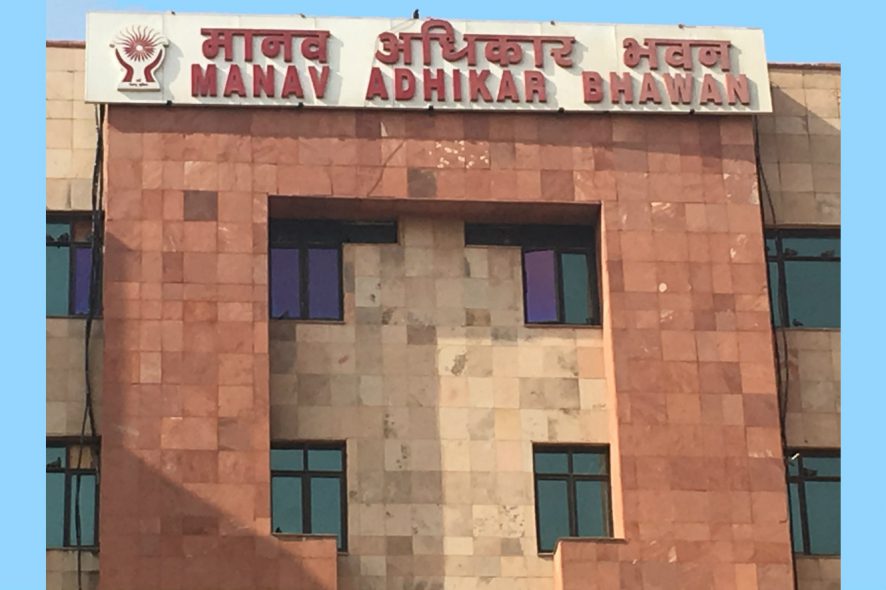The National Human Rights Commission has taken cognizance of a complaint about inhuman treatment meted out to the 32 prisoners at Parappana Agrahara Bangalore Central Jail, a few days ago. They were beaten black and blue and shifted over night in the injured condition to various other prisons at Mysore, Bellary, Belagavi and Davanagere. According to the complaint, dated 17th July, 2107, by Ms Shobha Karandlaje, M.P., Lok Sabha, the family members of these prisoners are not able to meet them.
The Commission has issued notices to the DGP and IG Prisons, Karnataka to submit a detailed report on the allegations, along with present location and state of health of the injured/shifted prisoners of the Bangalore jail, within four weeks.
The Commission has observed that the allegations regarding physical torture of the prisoners and their overnight transfer to other jails, in an injured condition, if true, raise serious issue of violation of their Right to Life and Dignity. It need not be restated that a prisoner is not a slave of the State and is not denude of all his fundamental rights, while in judicial custody.
Allegedly, the prisoners were given this inhuman treatment due to their initiative to stage a protest dharna inside the jail premises as they were not allowed to speak to Smt. D. Roopa, Deputy Inspector General of Police (DIG), Prisons, Bangalore, who had visited the jail. She has, recently, brought out certain grave irregularities, going on inside the Bangalore Central Jail including, providing special and sophisticated kitchen to one of the prisoners, Sasikala and VIP treatment to another prisoner, Abdul Karim Lala Telgi.
Allegedly, the 32 prisoners were shifted in a hasty manner in order to avoid any disclosure to the enquiry officer, who was expected to visit the Parappana Agrahara jail on Monday, 17th July, 2017. The alleged comment of Superintendent of Bangalore Jail has also been described as specious that as per jail manual, dharna is not allowed, hence, the prisoners have been punished by shifting to other jails.
National Human Rights Commission







